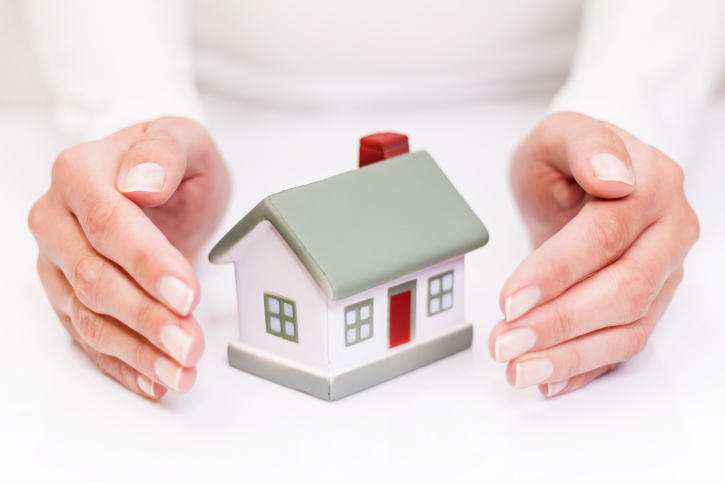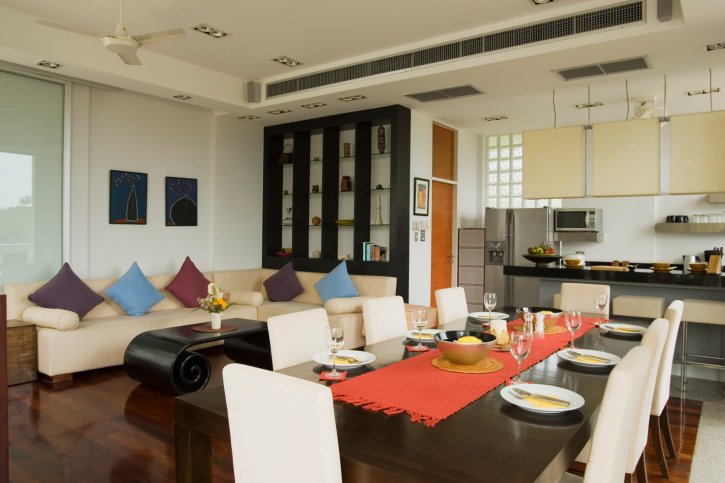3 ‘Must Know’ Pieces of Advice for First-time Home Buyers
 When delving into the realities of home ownership, there can be many factors involved that make it difficult to determine what you need to know and what can wait until later. If you happen to be a first-time buyer who’s looking for the best tips for purchasing a home, look no further than the following three pointers to set you on the right path.
When delving into the realities of home ownership, there can be many factors involved that make it difficult to determine what you need to know and what can wait until later. If you happen to be a first-time buyer who’s looking for the best tips for purchasing a home, look no further than the following three pointers to set you on the right path.
Get Familiar With Your Credit Score
If you haven’t looked at your credit report for a long time, it can be a daunting task to request this information. Fortunately, your credit report is free from AnnualCreditReport.com and it will prepare you for what lenders are going to see. By taking this important step, you will be able to determine any delinquent accounts or balances owing that have gone to collections, and hopefully have these cleaned up before they can become a problem for your mortgage.
Determine The Price You Can Pay
While you may have a price in mind for what you’re willing to pay for a home, it’s important to determine your debt-to-income ratio before putting in an offer. Your DTI ratio can be determined by taking your total monthly costs, adding it to what you would be paying for a home and dividing it by your monthly gross income. If it’s a housing price that will work for you, this amount should equate to less than 43%.
Organize Your Housing History
If you have a good history as a tenant, the next step will probably be the easiest of all, but it’s very important in order to prove you’re a responsible candidate for home ownership. Once you’ve acquired a Verification of Rent from any applicable landlord in the previous year, you’ll want to ensure that you have money in the bank. While RRSP’s can make a good impression, make sure you have liquid assets available so you can convince the lender your home investment is manageable.
There are a lot of things to know when it comes to buying a home, but if you’re a first time buyer the most important thing is to ensure that your finances are organized and that you’re not diving into more house than you can afford. By taking the time to determine your debt-to-income ratio and looking into your credit, you can ensure a positive first-time buying experience. If you’re wondering about homes for sale in your area, you may want to contact your trusted real estate professionals for more information.

 Finding a proper mortgage loan and understanding the processing procedures behind the loan is the basis of good research. The down payment on a mortgage loan is typically significant when dealing with mortgage insurance.
Finding a proper mortgage loan and understanding the processing procedures behind the loan is the basis of good research. The down payment on a mortgage loan is typically significant when dealing with mortgage insurance. The shift from home living to condo life may seem like a minor one, but there are plenty of things that will differentiate your lifestyle other than size when it comes to making a condominium purchase. If you’re contemplating this move and wondering about some of the things that this might entail, here are a few factors that are worth considering.
The shift from home living to condo life may seem like a minor one, but there are plenty of things that will differentiate your lifestyle other than size when it comes to making a condominium purchase. If you’re contemplating this move and wondering about some of the things that this might entail, here are a few factors that are worth considering.